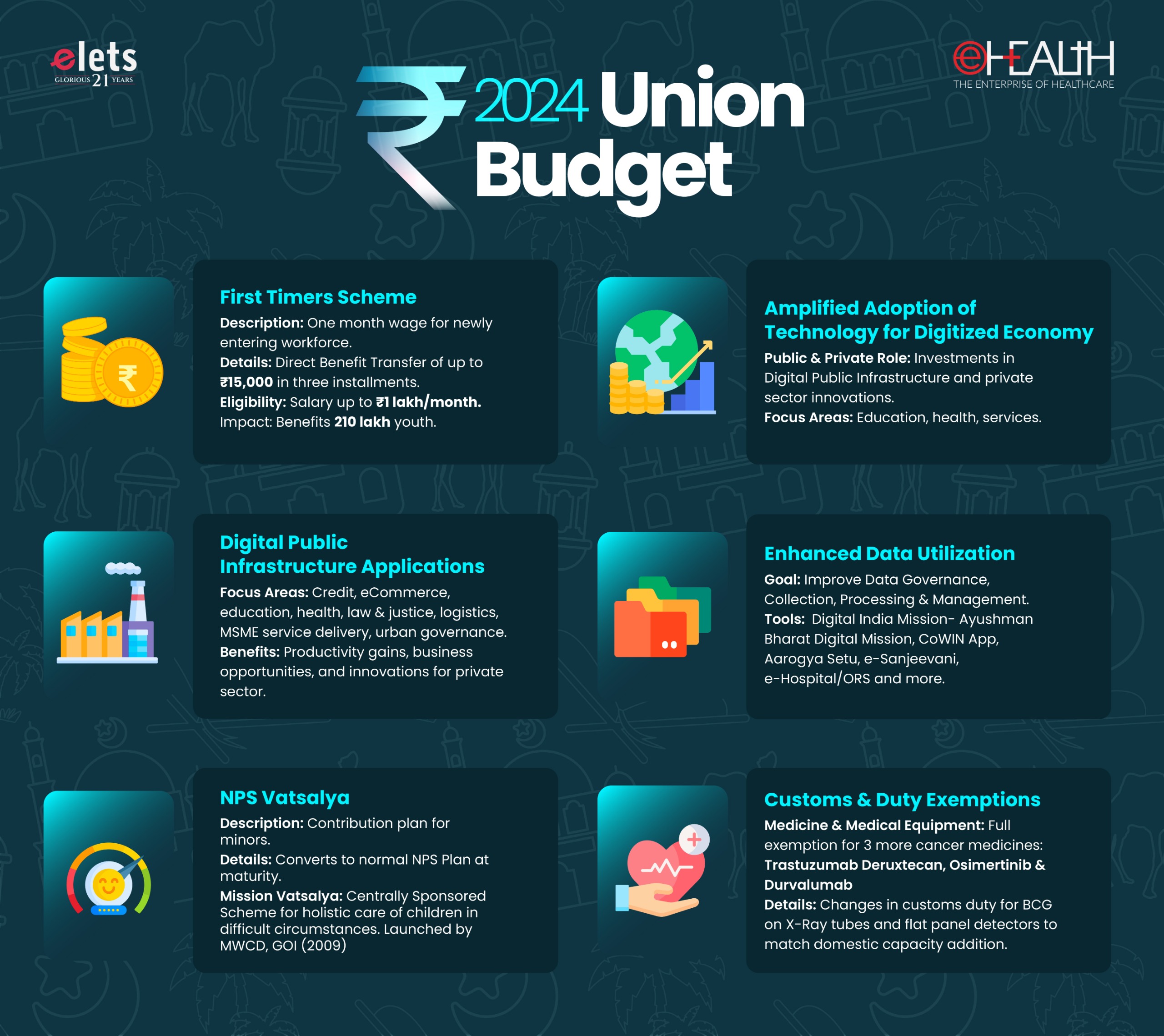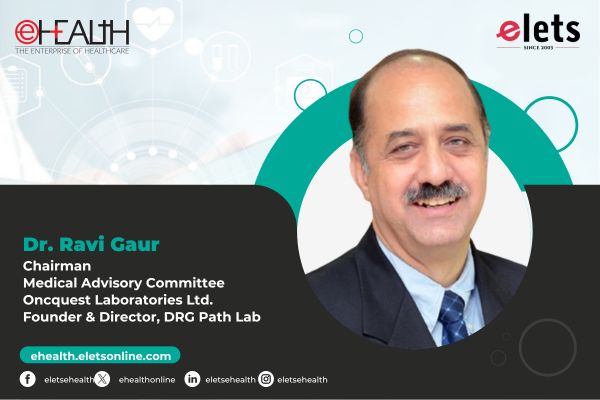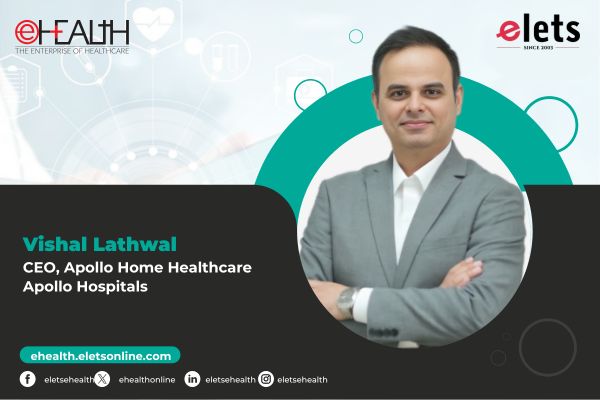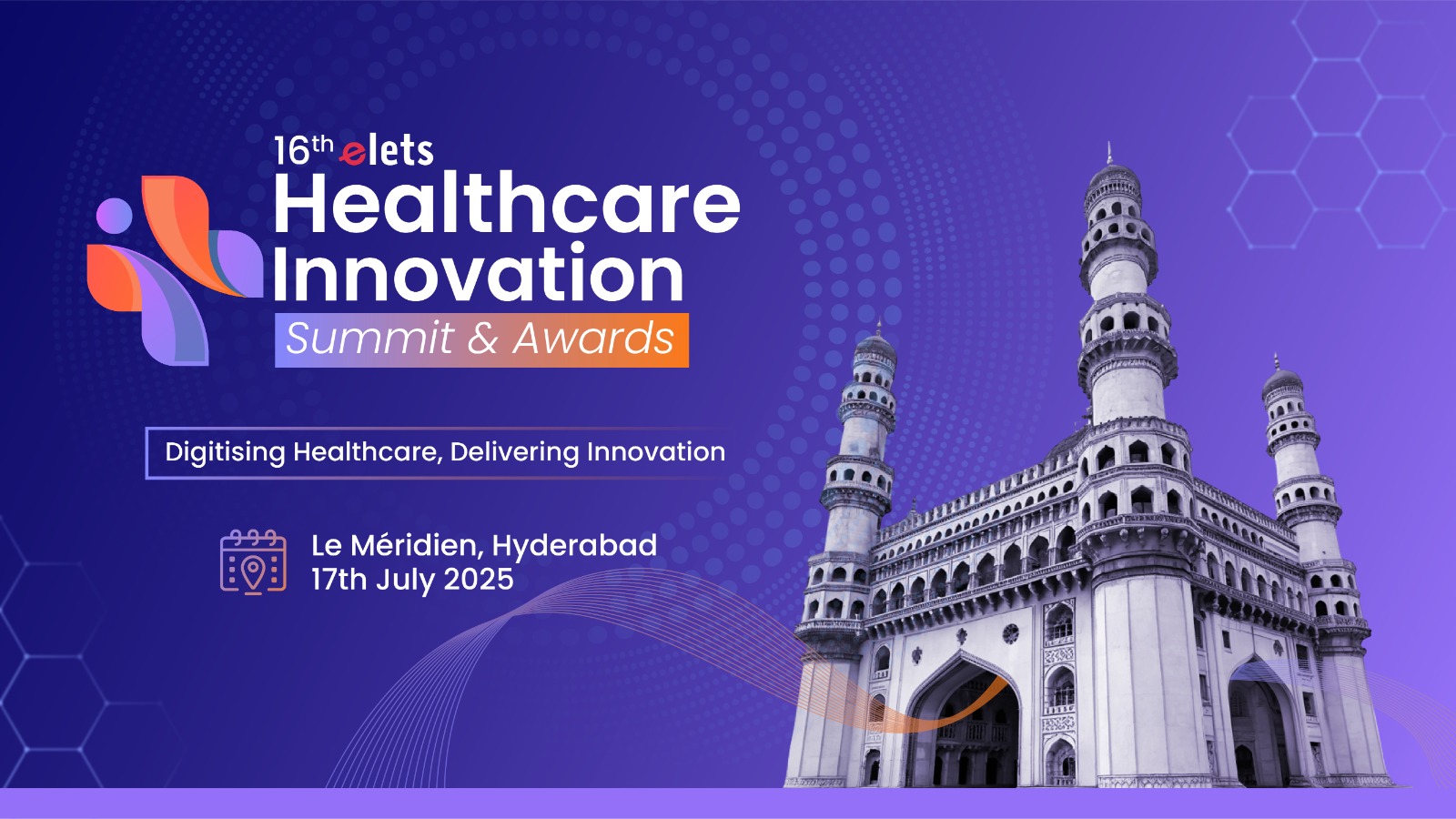
The Union Budget released on 23rd July 2024 marks a pivotal moment for India’s healthcare sector, unveiling a series of groundbreaking initiatives designed to harness technology, improve data governance, and provide crucial financial support to the workforce. With a strong focus on inclusivity and efficiency, these measures aim to enhance healthcare services, making them more accessible to all citizens, especially those in underserved and marginalized communities. This budget not only addresses immediate healthcare needs but also lays a robust foundation for a future where every individual can benefit from advanced medical care and digital innovations.
Customs & Duty Exemptions on Medicine and Medical Equipment
In a move to provide relief to cancer patients, the budget proposes to fully exempt three additional medicines from customs duties. Furthermore, changes are proposed to the customs duty on X-ray tubes and flat panel detectors used in medical X-ray machines. These adjustments aim to synchronize with domestic capacity additions under the waste manufacturing programme, thereby supporting the healthcare sector’s growth.

Technology Adoption for Digitized Healthcare
The budget underscores the government’s commitment to using technology to improve productivity and bridge inequality. Public investments in Digital Public Infrastructures have enhanced access to market resources in education, health, and services, particularly benefiting common citizens. The government plans to further adopt technology to digitize the economy, ensuring that healthcare services are more accessible and efficient.

Optimisation of Digital Databases for Better Healthcare Outcomes
To improve data governance, collection, processing, and management, the government plans to utilize sectoral databases established under the Digital India Mission. These include the Ayushman Bharat Digital Mission, CoWIN App, Aarogya Setu, e-Sanjeevani, and the e-Hospital/Online Registration System (ORS). Active use of technology tools will enhance the accuracy and availability of healthcare data, leading to better policy decisions and healthcare outcomes.

Digital Public Infrastructure Applications in Health
The budget proposes the development of Digital Public Infrastructure (DPI) applications on a population scale to drive productivity, business opportunities, and innovation. Key areas of focus include health, credit, eCommerce, education, law and justice, logistics, MSME service delivery, and urban governance. By leveraging digital platforms, the healthcare sector is poised to witness significant improvements in service delivery and patient outcomes.

NPS Vatsalya: Securing Future Healthcare Needs
The NPS Vatsalya plan allows parents or guardians to contribute to a National Pension System (NPS) account for minors. Upon reaching maturity, this plan seamlessly transitions into a regular NPS account. This initiative ensures long-term financial security for children, potentially covering future healthcare needs.
The inspiration for this initiative draws from Mission Vatsalya, a scheme launched by the Ministry of Women and Child Development in the year 2009, to provide holistic care and protection to children in difficult circumstances.
Boosting First-Time Workforce Entrants in All Sectors
A landmark scheme has been introduced to support individuals entering the workforce for the first time. The government will provide a month’s wage to new employees in all formal sectors through a Direct Benefit Transfer (DBT) mechanism. This scheme is set to benefit 210 lakh youth, including those in the healthcare sector, ensuring that they receive financial support as they begin their careers. Eligible individuals will receive up to ₹15,000 in three installments, with the eligibility limit set at a salary of ₹1 lakh per month.
What The Healthcare Industry Says?
-
“All Imported Life Saving Drugs Are Costly And Customs Duty Exemption Is A Welcome Step”
“Cancer drugs are very expensive and life saving. Patients require long term treatment. All steps to bring the cost down are more than welcome. Deruxtecan drug is breast cancer drug and can be used in all cancers with Her2 positive gene. Osimertinib is a lung cancer drug for egfr mutation. Durvalumab is a drug for lung and biliary tract cancers. All these cancers are quite common in India and detected in late stages in our Country.”
– Dr. Shyam Aggarwal, Chairman, Medical Oncology, Sir Ganga Ram Hospital
-
“Exemption of Three Life Saving Medicines For Cancer Treatment Is A Welcome Step.”
“We will need to study the fine print to know what these drugs are. Exemption of customs duty on components of X Ray tubes and digital detectors, will lead to spurring of indigenous manufacturing of digital X Ray machines in India. Allocation of funds for innovation and skilling will also help those who are working in the healthcare sector.”
– Dr. Harsh Mahajan, Founder & Chairman, Mahajan Imaging & Labs and Chairman FICCI Health Services Committee
-
“The Proposed Exemption of Basic Customs Duty on Trastuzumab Deruxtecan, Osimertinib, and Durvalumab Will Significantly Impact Cancer Treatment Affordability And Accessibility.”
“Trastuzumab Deruxtecan treats HER2-positive metastatic breast cancer, Osimertinib is used for EGFR-mutated non-small cell lung cancer, and Durvalumab is for non-small cell lung cancer and bladder cancer. This exemption could reduce treatment costs by 10-20%, making these vital drugs more affordable for patients. These medications, though often prescribed for advanced cases, are crucial in improving survival rates and quality of life. By lowering import costs, the exemption will ease the financial burden on patients and allow broader access to these life-saving therapies, potentially enhancing overall treatment outcomes.”
– Dr. Mandeep Singh Malhotra, Director of Surgical Oncology, CK Birla Hospital®, Delhi
The 2024 Union Budget introduces several transformative measures aimed at improving healthcare in India. By leveraging technology, enhancing data governance, and providing financial support to the workforce, the government is taking significant steps towards a more accessible and efficient healthcare system. These initiatives are expected to not only enhance the quality of healthcare services but also ensure that they are available to all citizens, particularly the underserved and marginalized communities.
Be a part of Elets Collaborative Initiatives. Join Us for Upcoming Events and explore business opportunities. Like us on Facebook , connect with us on LinkedIn and follow us on Twitter , Instagram.
"Exciting news! Elets technomedia is now on WhatsApp Channels Subscribe today by clicking the link and stay updated with the latest insights!" Click here!














